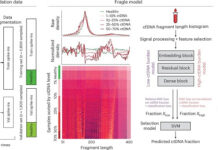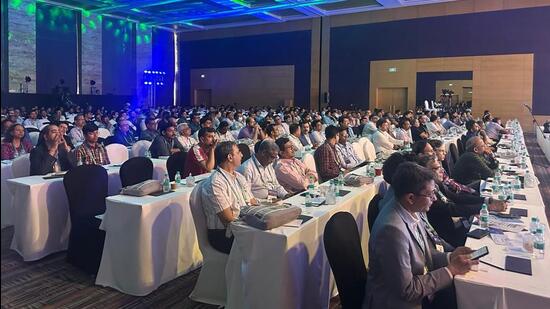More than 1,200 gastrointestinal (GI) specialists from across the globe gathered in Mumbai on Friday for the 22nd edition of the Mumbai LIVE Endoscopy Course, a premier academic event dedicated to innovations in GI care. This year, the spotlight is on artificial intelligence (AI) and robotic-assisted tools that enable early cancer detection, reduce surgical interventions, and provide minimally invasive treatment options.
Advancing Interventional Gastroenterology
Dr. Amit Maydeo, Chairman of the Institute of Gastrosciences at Sir HN Reliance Foundation Hospital and former President of the Society of GI Endoscopy of India, is leading the conference, which is hosted by the Endoscopy Research Foundation from April 18 to 20.
“The ambition of every modern gastroenterologist is not just to diagnose diseases but to master the expanding field of interventional procedures,” said Dr. Maydeo. The three-day event features hands-on training, scientific symposia, and expert lectures on cutting-edge endoscopic therapies. Key topics include third-space endoscopy, endo-bariatrics, and AI-guided screening protocols.
Celebrating 30 Years of Endoscopic Innovation
Marking three decades since the first Mumbai LIVE course in 1993, this year’s edition highlights how far GI endoscopy has progressed—from fiberoptic scopes to AI-integrated platforms. Over 14 hours of live endoscopy sessions are planned to demonstrate the latest techniques.
Among the showcased technologies, AI-powered platforms like EndoBrain stood out. These systems analyze high-definition magnified images during procedures, identifying pre-cancerous lesions that are invisible to the naked eye. “We can now detect and remove flat polyps or subtle mucosal changes in real-time, avoiding invasive surgeries,” Dr. Maydeo explained.
Breakthrough Techniques and Devices
As reported by hindustantimes, participants also showed great interest in Peroral Endoscopic Myotomy (POEM), a minimally invasive method for treating achalasia cardia. Traditionally managed through open surgery, POEM now allows internal muscle cutting via an endoscope. Clinicians used EndoFlip, a new device in India, to measure esophageal flexibility during the procedure, offering instant feedback on success.
Additionally, thulium laser lithotripsy drew attention for its ability to fragment difficult bile duct stones using a cholangioscope. This method eliminates the need for surgical removal, reducing trauma and hospital stay, especially for high-risk patients.
Pushing for Safe and Scalable Adoption
While these technologies are currently available in tertiary care centers, experts emphasized the need for structured training and cost-effective implementation to enable broader use across India. “These tools are not futuristic—they are already transforming patient care,” Dr. Maydeo concluded. “Now, the goal is to bring them into everyday clinical practice.”
























